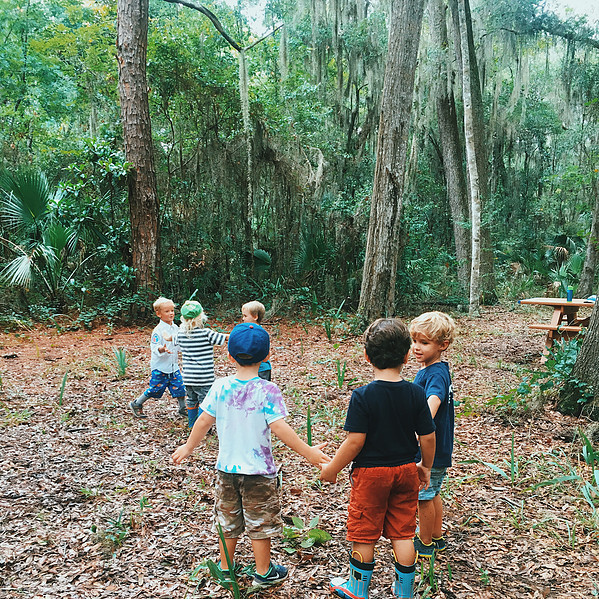Study suggests nature-based learning prepares children academically
A study by Michigan State University, which received coverage from PBS, found that nature-based studying can positively impact young students.
MSU's lead investigator Lori Skibbe said that early results of the study suggested children at the Chippewa Nature Center in Midland, Michigan tested just as well on literary and science measures and on some executive function measures as children learning in a more traditional setting.
"These preliminary findings from Michigan State University are in lock-step with The Playgarden and the training each of the teachers receive from LifeWays of North America, a Waldorf-inspired program that focuses on early childhood education”, said school administrator, Carol Wagner. "The Playgarden has always been grounded in the belief that children learn in a variety of ways, but most importantly they learn best through sensory engagement in a natural setting, imaginative, child-led play and imitation of the world around them."
A mere 20 nature preschools existed in the United States a decade ago, that number has grown to nearly 250 today. Like other nature-based learning centers, The Playgarden encourages young students to have plenty of outdoor time to play and learn, in addition to developing life and social skills in a home-like environment.
The Playgarden offers the first Forest Kindergarten in the southeast based outdoors in the Florida uplands, a Florida member of Lifeways of North America and one of two Florida members of The American Forest Kindergarten Association.
Visit theplaygarden.org or call the office at (904) 241-3259 for more information.







